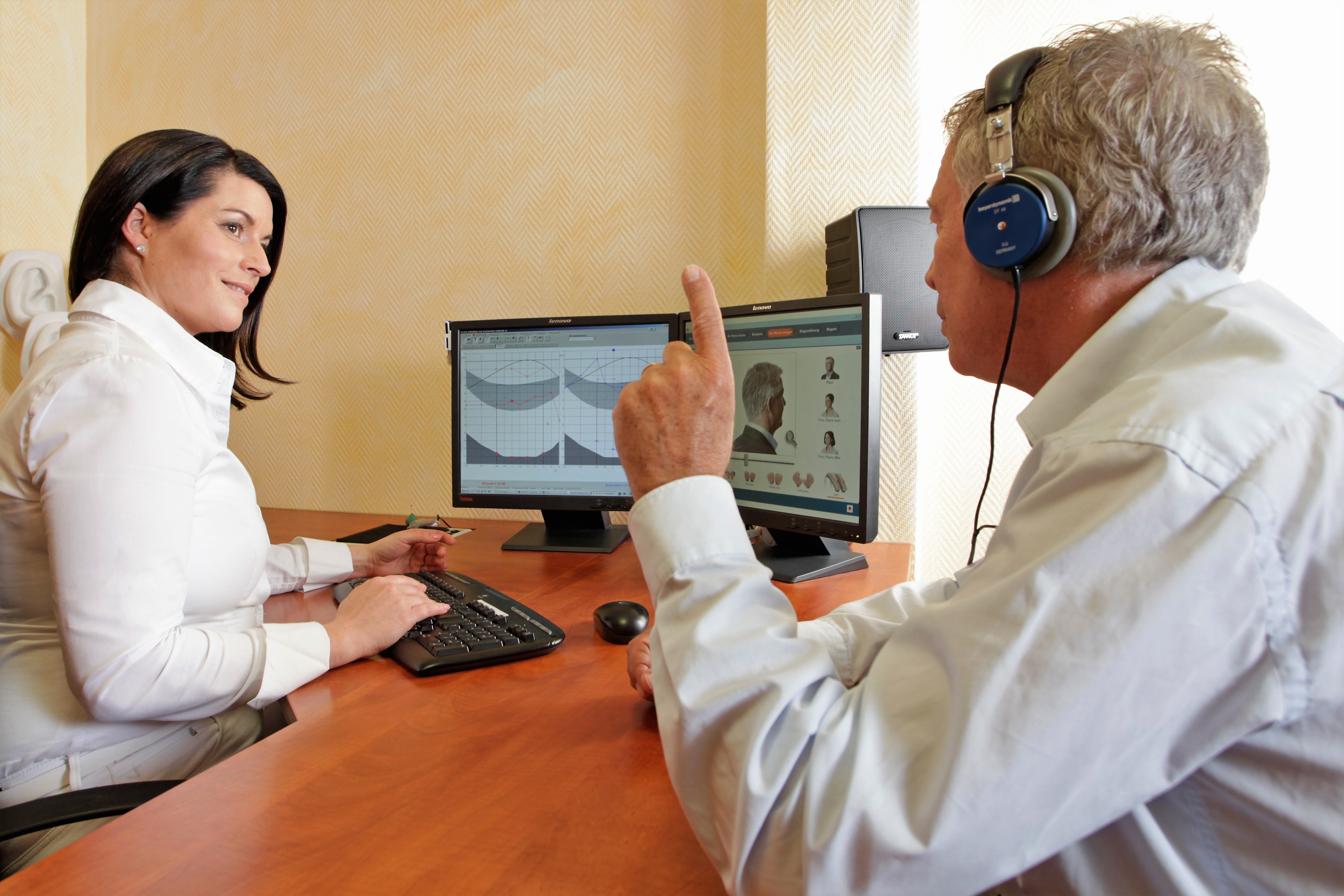News and Updates
Category: Audiometric Testing
Medical Components of OSHA's Hearing Conservation Program
We’ve been talking a lot lately about OSHA’s Hearing Conservation Program, mostly due to the influx of Regional Emphasis Programs we’ve seen involving it lately. The program involves more than just noise sampling and providing hearing protection – there’s also a medical component. When an employer determines they need to participate in the conservation program, one of the first steps to take is finding a healthcare provider that can perform audiograms, or audiometric testing. A “baseline” or initial test will need to be performed on affected employees. This provides a starting point that future audiograms can be compared to, and will show if the employee is experiencing any changes in their hearing abilities. Baseline testing must be performed within six months of an employee’s initial exposure to sound levels exceeding 85 decibels (dB) over an 8 hour time-weighted average (TWA). Exceptions can be made on the time frame for the baselines if the employer utilizes a mobile testing unit. For baseline and annual testing, the worker should not be exposed to workplace noise for 14 hours prior to the audiogram. Employees’ annual audiograms should always be completed within one year of the baseline or previous year’s test. Employers should compare the annual test results to the baseline results to determine if the employee has lost hearing ability or experienced a standard threshold shift (STS). Not ev


